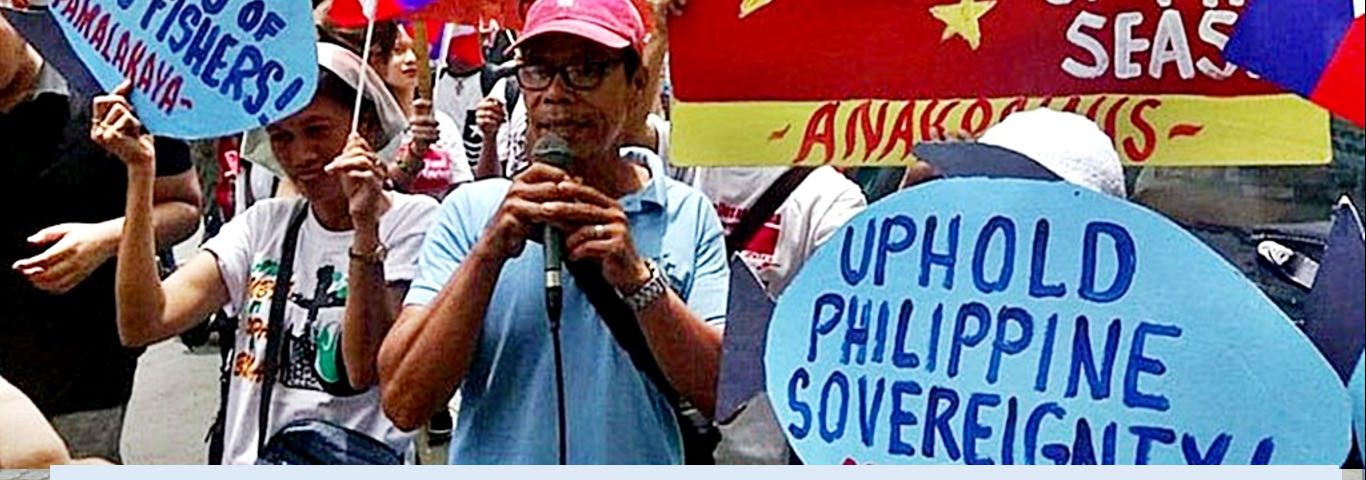Amid travel ban on China, fishers call to bar Chinese personnel in West Ph Sea
Manila, Philippines – As the Philippines imposed its travel ban on the entire China and its territories due to the Novel Coronavirus Acute Respiratory Diseas (nCoV ARD), the national fishers group Pambansang Lakas ng Kilusang Mamamalakaya ng Pilipinas (PAMALAKAYA) said that Chinese personnel should be prohibited in the West Philippine Sea, as the Chinese personnel are ‘potential carriers’ of the deadly virus that already infected more than 14, 000 people globally, mostly from China, with more than 300 deaths.
“In the name of precautionary measures, the Philippine government should impose a strict prohibition on Chinese personnel in the entire West Philippine Sea. Filipino fishers who have been conducting fishing expedition in the Chinese-occupied waters would be the most vulnerable and exposed to the infectious disease if there is Chinese Coast Guard positive with the virus,” Fernando Hicap, PAMALAKAYA National Chairperson said in a statement.
PAMALAKAYA said that amid the 2016 decision of the international tribunal invalidating China’s claim over the almost entire South China Sea, including 80% of the Philippines’ exclusive economic zone (EEZ) and extended continental shelf (ECS), Beijing has disregarded the verdict and even intensified its claim over the Philippine waters.
The fisherfolk group said that presence of Chinese personnel in the Philippines’ marine territory costs not only the marine resources, but also the freedom to fish of the Filipinos.
Meanwhile, PAMALAKAYA commends the initiatives of some Filipino-Chinese community and even Chinese nationals to distribute face masks to Filipinos for free. The fisherfolk group challenged Chinese nationals based in the Philippines to call on their government to leave the Philippine waters and respect the rights of the Filipino fishers.
“Our call to ban Chinese presence in the West Philippine Sea is a matter of public health safety and national sovereignty, most of all,” ended Hicap. ###
